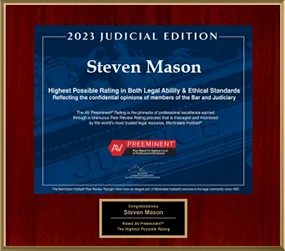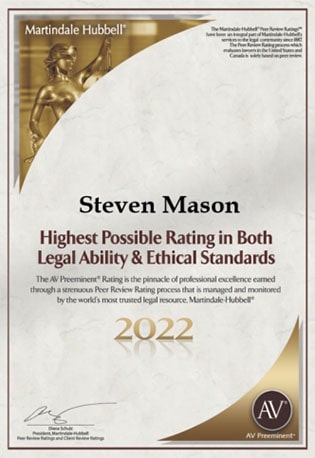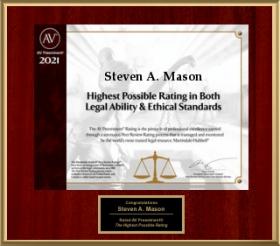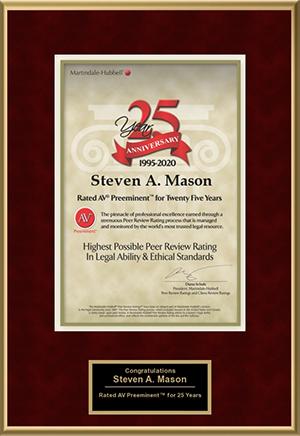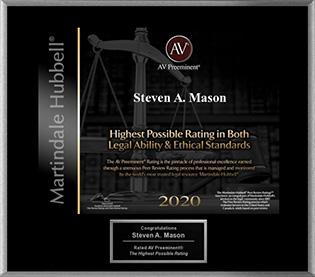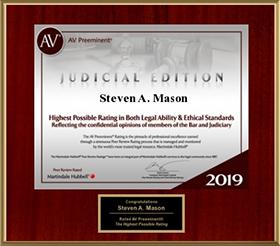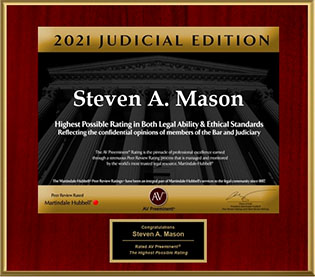Pensions As Property
The Uniformed Services Former Spouses Protection Act (USFSPA) was passed in 1982 to safeguard the interests of military spouses, both current and former, despite the name. It regulates many different issues having to do with marital property and jointly-owned assets, and grants some authority to state courts to rule on these matters. One might assume a pension would be considered as income, but because retired pay is technically awarded as one lump sum and simply paid over time, state laws classify it as an asset. This can lead to issues down the road.
Pensions and Pay
The most common type of order enforced under USFSPA usually deals with pensions and asset distribution. There is no implied right for a spouse to receive any part of a military pension; it must be awarded by a state court in a standard proceeding for divorce. A military pension is considered an asset of the marriage, to be divided equitably like all others, at least in states such as Florida that follow the equitable distribution model of property division. (In community property states, marital property is divided differently.)
When a court rules on military pensions as assets, two things must be true. The first is that the order must express the amount owed to the spouse as either a percentage or a dollar amount. This is true whether the service member is retired or still on active duty; the only difference is that an active service member’s retired pay (pension) will be approximated, rather than known for certain. The second is that the state court making the order must have jurisdiction over the service member, either by virtue of their civilian residence, or because the service member consented to jurisdiction (by responding to the divorce filing, or by affirmatively stating that they consent). If these two criteria are met, the division of the pension (or the grant to one spouse only) will usually be upheld and enforced.
Factors to Remember
What many forget is that since retired pay is considered an asset, or property, rather than income, it does not stop upon the ex-spouse’s remarriage. If your former spouse is entitled to 30 percent of your pension as per your divorce agreement, they will retain it as long as it does not convert to disability pay. (Disability pay does not fall under the USFSPA, and is thus not divisible.)
Also, since the pension is an asset, other marital assets may be redistributed if one spouse retains the pension outright. For example, if a military husband divorces his wife, but retains his pension, many of the other marital assets will go to the wife, to offset the value of the husband’s pension that she may be missing out on.
Ask An Attorney For Advice
During a divorce, even if it is an amicable one, it is a good idea to be as well-informed as possible about your assets and your options with those assets. It can be an even better idea to speak to a knowledgeable attorney. The experienced and understanding Hollywood military divorce attorneys at the Law Offices of Stephen A. Mason, P.A. are happy to help you through what can be a difficult and laborious process. Contact the Fort Lauderdale and Hollywood Law Offices of Steven A. Mason, P.A. for legal advice at 954-963-5900 or leave a message online.


